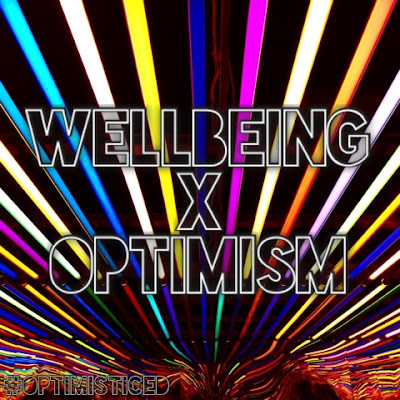When it's successful? And has made everything easy for us, huh?
That ain't the time at all.
It's when it's reached its lowest and you don't believe in it anymore.
And the world done kicked it in its tail enough that it's lost itself!
Yes, that's when: when nobody cares."
That's Jill Scott's introduction to De La Soul's latest album 'And The Anonymous Nobody'. Words, which when applied to education, should cause one to stop and think.
When we're talking about education we're not just talking about pedagogy and assessment. We don't just mean lessons and homework. It's not about behaviour management strategies or whether or not we set or stream or teach in mixed ability groups. Education isn't only about the distinction between early years, primary, secondary, higher or further. It's not about any of the arguments that rage on social media or the issues debated by academics. It's not even solely about the teachers, lecturers, classroom assistants or school leaders. You know what's coming: it's about the learners, be they children, teenagers, young adults or 'mature' students.
And when education is on it's knees, crippled by lack of funding, ever-changing curricula, recruitment and retention crises and workload problems the ones who suffer are the learners, most of whom are children. The children suffer. Education needs some love right now - these children need some love right now. Now is the time for education to be loved the most - it has reached its lowest and so many don't believe in it any more. The world has kicked education in its tail and it has lost itself.
The love revolution must come from those who are closest to education. The vows need to be renewed by those already involved in education. If anyone knows what there is to love about education then it is us - the teachers, the school leaders, the classroom assistants, the lecturers, the lunchtime supervisors and everyone else who gets into work everyday and does so much more than 'a job'. Educator, you are in the best position to show education the love it needs.
We must not allow our profession to be dragged through the mud - we wouldn't allow it to be done to our partners. We must stand up and speak out for it. We must show others that education is worth caring about - we must sing its praises. We must love it. Until we do, those outside of education won't.
Even when it seems that education doesn't love us back. Even when the relationship is rocky. Like anything, it's not always going to be easy. There are times when the loving takes more effort. But could it be that with a little bit of love, a spark will be reignited? With a little bit of proactivity and creative thinking, could the flame be rekindled? Could it be made to work? Is it just the particular school that's not working out rather than education as a whole?
It's not even that education demands a hopelessly devoted to you type of love - it doesn't demand infatuation or obsession. It just needs love, respect, nurture. And it needs all these for the good of the learners and their future.
It might seem like nobody cares - the government, the media, the general public, even your SLT - and that is precisely why you, educator, need to care. You know what to care about and why caring about it is worth it. Educators, education needs our love most during these precarious times - can you give it the love it needs despite everything?
Two excellent responses to this blog post:




















